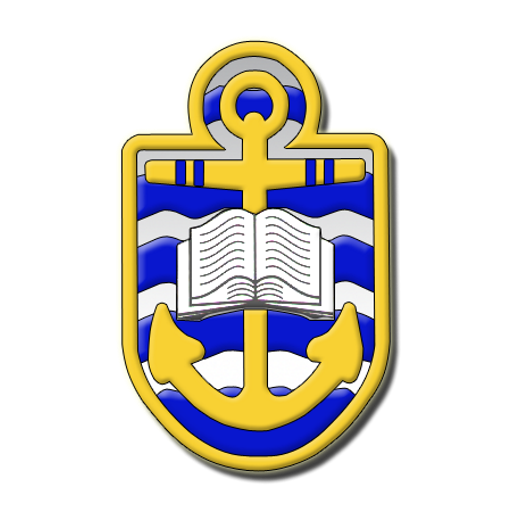Intent
|
At Anchorsholme Academy our aim is to create a learning environment and build relationships which support, enhance and invite a child’s curiosity, confidence, communication skills and ability to work collaboratively and flourish regardless of backgrounds or needs. We aim to work together with parents and carers to encourage independent, enthusiastic lifelong learners who thrive and reach their full potential. It is our intent that children who enter our EYFS begin their lifelong learning journey by developing physically, verbally, cognitively and emotionally whilst also embedding a positive attitude to school and a love of learning. |
Cultural Capital
|
- Visits are planned throughout the year these have included the library, church, theatre, zoo, Sealife Centre, Wyre Estuary Park.
- Visitors into school are encouraged (police, nurse, dentist, vet, paramedics, scientists, authors…)
- Each fortnightly topic has a planned diversity lesson.
- Texts and role play areas are appropriately selected to expose children to different backgrounds, cultures, religions, time periods and experiences. We utilise the opportunities that texts provide to broaden children’s vocabulary. Texts are selected carefully to help pupils build connections between subjects and the lives of themselves and others.
- We welcome children sharing experiences of their homelives and adventures out of school during morning news and on Tapestry.
|
Priorities
|
- This year 2023-2024, our priorities for EYFS are:
- Key Priority 1- Develop outdoor learning and Forest School opportunities.
- Key Priority 2- Further develop a language rich EYFS environment.
- Key Priority 3- Further improve quality of Teaching and Learning through full implementation of peer coaching and bespoke EYFS CPD opportunities.
|
Planning
|
- Two weekly topics throughout the year, topics are led by children’s interests and needs.
- 5 enabling areas in department planned for each topic; Literacy Room, Numeracy Room, Creative Room, Art Room and Outside Area.
- Seven areas of learning and characteristics of effective learning referred to in planning.
- Planning placed on staff drive and printed/displayed in appropriate area.
- Continuous provision planned to consolidate and extend learning and enable exploration. and
- Intervention clearly planned, reviewed and evaluated half term.
- Homework and phonics activities planned and shared with parents on Tapestry.
- Phonics and Reading follows SFA scheme and is assessed using FFT.
|
Assessment
|
- Informal observations of children’s progress and next steps shared during weekly FS planning meetings.
- Observations on Tapestry (individual, group and whole class as appropriate) flagged against 7 areas of learning and CoEL.
- Marking, green for good, pink for think. All feedback shared verbally with children including next steps for learning. Use of marking stamps.
- Evidence of continuous provision outcomes on Tapestry and in books.
- FS MAT Tracker completed four times a year, moderated and analysed by whole team. (Baseline, Aut 2, Spr 2, Sum 2.)
- Statutory Reception Baseline Assessment completed during Autumn 1.
- SFA phonics assessments carried out each half term, moderated and analysed on FFT.
- End of year reports include end of year data.
- EYFS transition documents discussed and passed to Year 1
|
SEND
|
We meet the needs of all our children through:
-
Planning opportunities that build upon and extend children’s knowledge, experience and interests, and develop their self-esteem and confidence;
-
Using a wide range of teaching strategies based on children’s learning needs;
-
Providing a wide range of opportunities to motivate and support children and to help them learn effectively;
-
Providing a safe and supportive learning environment in which the contribution of all children is valued;
-
Using resources which reflect diversity and are free from discrimination and stereotyping;
-
Planning challenging activities for children whose ability and understanding are in advance of their language and communication skills; and
-
Monitoring children’s progress and taking action to provide support as necessary.
-
Planning targeted interventions where needed.
In order to accommodate each individual’s particular learning style, sessions are planned wherever possible in a multi-sensory way so that the various activities will cater for all pupils in the spirit of inclusion. Consideration is also given as to how to record lesson outcomes so that children are offered a variety of methods and are not inhibited by any specific difficulty.
We work together with the SENDCO, parents/carers and external agencies to follow the ‘Graduated Approach’ where we feel necessary.
|

